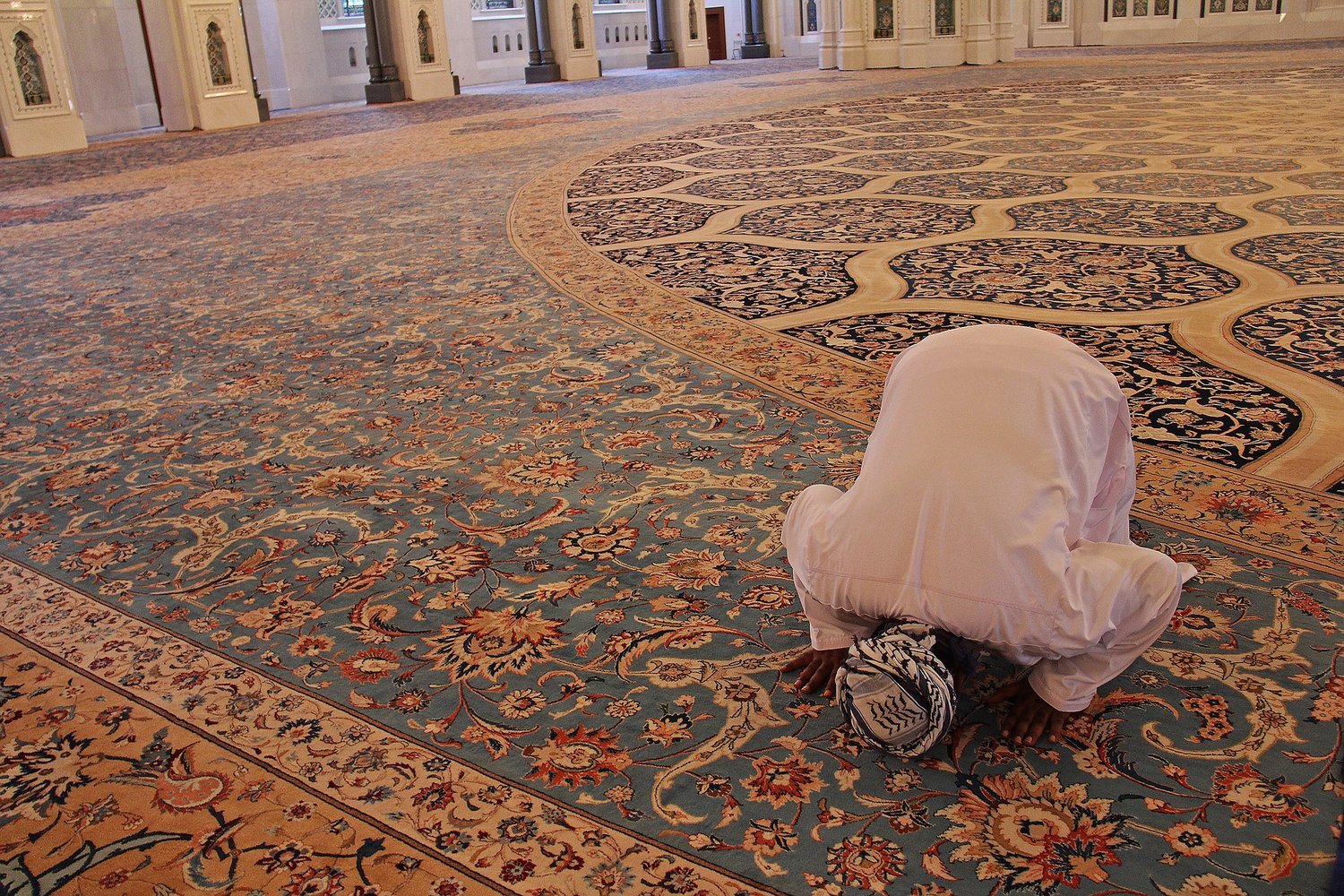What is the Shari'a?
Over the years I’ve done a great deal of teaching on Islam and Christianity. That recently resulted in the publication of my book Two Stories of Everything: The Competing Metanarratives of Islam and Christianity. But I note that there is one question that people almost always ask: what exactly is the shari’a? Where does it come from?
Generally one hears the word shari’a translated as “law” but that’s not quite right. It would be more like the Jewish understanding of Torah in fact. It does contain positive laws (thou must) and negative law (thou shalt not), but it also has a whole series of other classifications, including things that are recommended but not mandatory (certain prayers, for example) and things that are frowned upon but not forbidden (smoking, entering churches). There are also categories for things that are neutral, and a category for things upon which there is no judgment.
The shari’a then is like law with a whole body of advice thrown in for good measure. Moreover it is not mutable. While there are several schools of shari’a its origin is divine and thus the shari’a is immutable like God. For example, its provisions about slavery, stoning adulterers, slaying the one who offends the Prophet, the inferiority of Christians and Jews under Muslims, or the permanent injunction to wage jihad—none of these things can be repealed or changed.
Furthermore the shari’a touches on every single aspect of life. It is not then a “law” in the Western understanding of law, which is established to protect social order and freedom (or what have you). Some of the aspects of it make sense to the human mind, but ultimately its nature is not like ours and our obligation is not to understand it but simply to obey it. It is not meant for Muslims alone, but for all of humanity, and indeed it is the vision of Islam and the purpose of jihad to make the world submit to the shari’a of God. So there really is a cosmic dimension to this concept. Much of the shari’a simply stands beyond understanding.
The source of the shari’a is revelation—not any manmade process. In Islam the shari’a is revealed in two ways: the Qur’an and the sunna. The Qur’an does contain rules about things like divorce, inheritance, the value of certain witnesses, the division of the spoils of jihad, gambling, alcohol, and so on. But much is left unanswered, which is where the second source becomes so important: it is found in the collection of sayings and deeds of the Prophet and his companions. These deeds and sayings are individually called “hadith” and the plural in Arabic is “ahadith.” After Muhammad had died and Islam was growing quickly several Muslim scholars went about collecting these ahadith, and it became important to form a chain of witnesses from the present to Muhammad, so they will often start, “Ahmad heard from Yusef, who heard from Yaqub, who heard from Omar, that the Prophet used to eat dates in the morning” or something like that. Some of the most important collections of ahadith are those done by Al Bukhari, Abu Daoud, and Muslim, but there are others.
Since the Prophet was the perfect man or ideal man, it followed that even his words and way of being (sunna) were in themselves a form of revelation regarding Allah’s will for humanity. So this is the second form of revelation that forms the bedrock of the shari’a.
Through centuries of Islamic jurisprudence, Quranic interpretation (ijtihad), and the use of analogy, the shari’a finally reached a form around the 13th Century (some say earlier) where it basically was considered to be complete in that it had all the resources needed to make judgments on any topic. Thus further revision via new interpretations of Revelation (Qur’an and the sunna) were no longer permitted or needed. Can you find scholars here and there who propose updating the shari’a? Sure, but that’s like proposing Christianity without a genuine resurrection of Jesus Christ or updating the canon of books in the New Testament (as did Luther, incidentally).
In conclusion, the shari’a is Allah’s will for all of humanity revealed in the Qur’an and the way of life (sunna) of Muhammad. It is detailed and immutable and has been so for many centuries. It is believed that the society that abides by the shari’a will be prosperous, just, and powerful. It is the will of Allah that the whole of humanity be made to submit to his shari’a. The Christian analogue for the shari’a is not canon law, it is the gospel itself.
Rev. Dr. Duane Alexander Miller lives in Madrid with Sharon and their three children where they teach and minister at the Anglican Cathedral of the Redeemer. He is adjunct faculty at the Protestant Faculty of Theology at Madrid (UEBE). You can contact Duane here.




